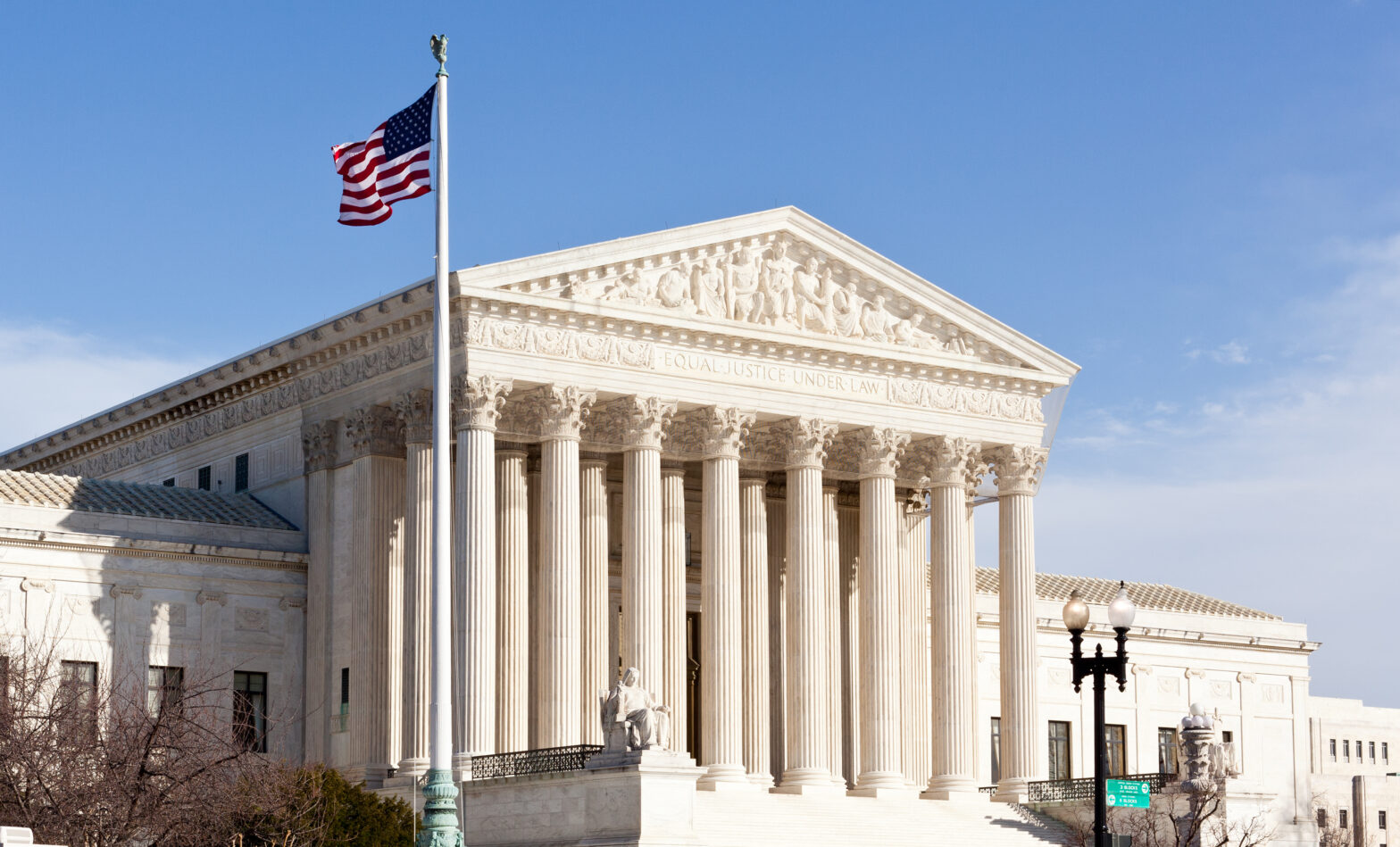As June drew to a close, the United States Supreme Court ruled on the constitutionality of the Universal Service Fund (USF), which is a program designed to ensure all Americans have access to affordable telephone and high-speed internet services, particularly in rural areas and low-income households.
Overseen by the Federal Communications Commission (FCC) and administered by the Universal Service Administration Company (USAC), the USF collects funds directly from telecommunications service providers to deliver annual support to under-connected communities.
The Impact of the USF
Congress crafted the modern USF through the Telecommunications Act of 1996, which established USAC and empowered it to administer the nearly $9 billion in annual support for telecommunications access in underconnected communities. These communities include:
- Low-income communities
- Rural area residents
- Native and tribal lands
- Schools and libraries
USF support includes the expansion of telecommunications services through aid to carriers in high-cost areas, subsidized monthly costs for low-income users, decreased cost gaps between urban and rural service and critical infrastructure to schools and libraries.
The USF has a tremendous annual impact. In 2024 alone, the program extended connectivity to over 7.5 million families and provided $4.2 billion to telecom companies to expand access to rural communities, and has executed on similar goals for nearly 30 years. Also in 2024, the USF allocated $7 billion over three years to connect 54 million students at 118,000 schools.
Since 1996, the annual support is a crucial part of keeping millions of Americans connected to high-speed internet, without which their ability to work, learn and receive health care is critically compromised.
What Does This Mean for Connectivity?
The decision to protect the USF is a win for access to connectivity across the heartland and the country by allowing millions of residents to remain connected with strong legal backing.
What’s next?
- The bipartisan congressional USF Working Group has relaunched to get to work on improving the program. Expect congressional hearings and opportunities for public comment regarding the program in the coming months as a result of the court’s decision.
- The increased discussion could modernize the program. FCC Chair Brandon Carr released a statement, saying, “I am glad to see the Court’s decision today and welcome it as an opportunity to turn the FCC’s focus towards the types of reforms necessary to ensure that all Americans have a fair shot at next-generation connectivity.”
Connection to affordable high-speed internet is the number one economic issue of our time. For more information regarding Heartland Forward’s work on connectivity and providing increased access to high-speed internet across the heartland, visit our Connecting the Heartland page.

